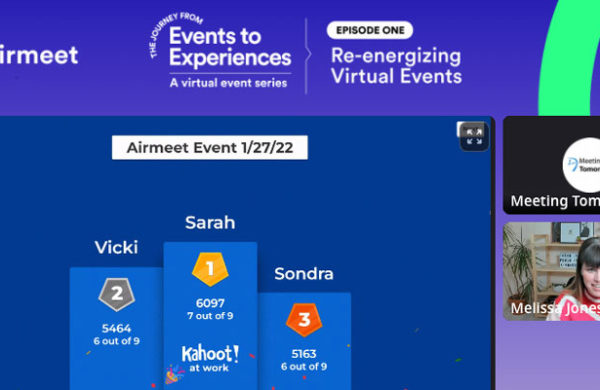
The internet offers immense information about virtually every topic, and finding reliable sources for statistics, explanations, and definitions can be daunting. To determine if the information you find is reliable, start by examining the content itself. The information should be balanced and easy to follow, similar to a news story and similarly neutral. If the website content is directed at a particular audience it should be clear and apparent. A small but effective way of determining the purpose of the site is to compare advertising-to-content ratios. If there is more advertising on the page than content, odds are that the content is not very reliable.
The author of the information, whether it is a single person or a company, should have authority or knowledge in the field to which the content pertains.
Always check the information against a known source of quality information such as a reference book or a credentialed website. Schools and businesses may subscribe to online article databases like Electric Library, FirstSearch, and LexisNexis. Government and school or college websites and professional associations (such as the librarian-guided sites listed below) offer more moderated content, which usually means better information overall. The author of the information, whether it is a single person or a company, should have authority or knowledge in the field to which the content pertains. Validity can also be determined by how often a site or page is updated or revised. If revisions are made often then the site is most likely reliable, but should be checked against other authorities on the subject. You can also check to see if the website includes a way for readers to contact administrators in order to make corrections to or ask questions about the content.
Here are some helpful links in determining the reliability of internet and computer resources: — A librarian’s index to the internet and web pages with reliable content.
— Scholarly organizations and societies are some of the best sources for accurate content anywhere on the web.
— A list of reliable web sources for specific subject matter determined by librarians and universities across the US.
One of the easiest indications of proper content is grammar: if the site does not follow basic rules of grammar and punctuation it is less likely to provide quality or accurate information. If the site is difficult to use or makes it hard to locate the information it claims to offer, the site or page is probably not reliable. Accurate information should be easy to find regardless of its location on the site; no site is going to try to hide good information from someone seeking it.
Meeting Tomorrow provides consumers and business people with such solutions as: audio visual rental solutions, mac rental solutions, and video camera rental solutions. We also rent projector solutions.
Related Articles: Computer Glossary | Monitoring Laptop Temperature | Giving an Effective Presentation


